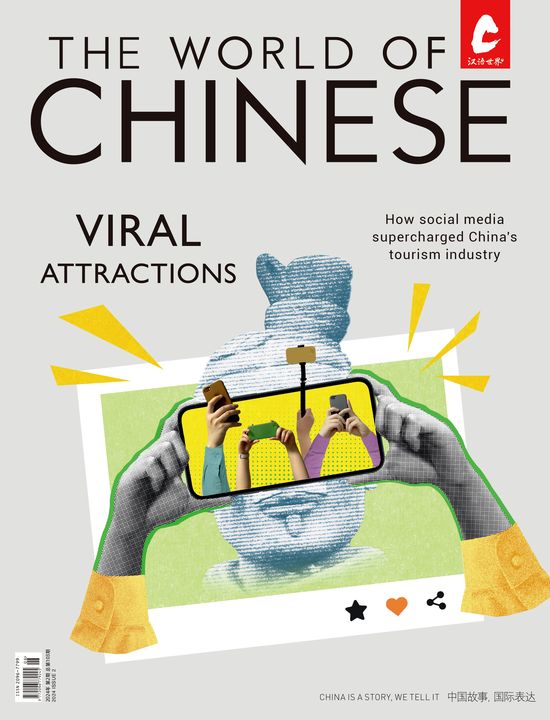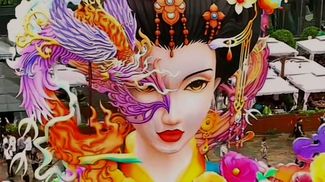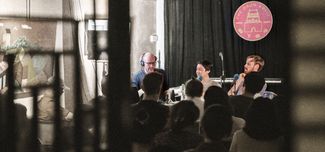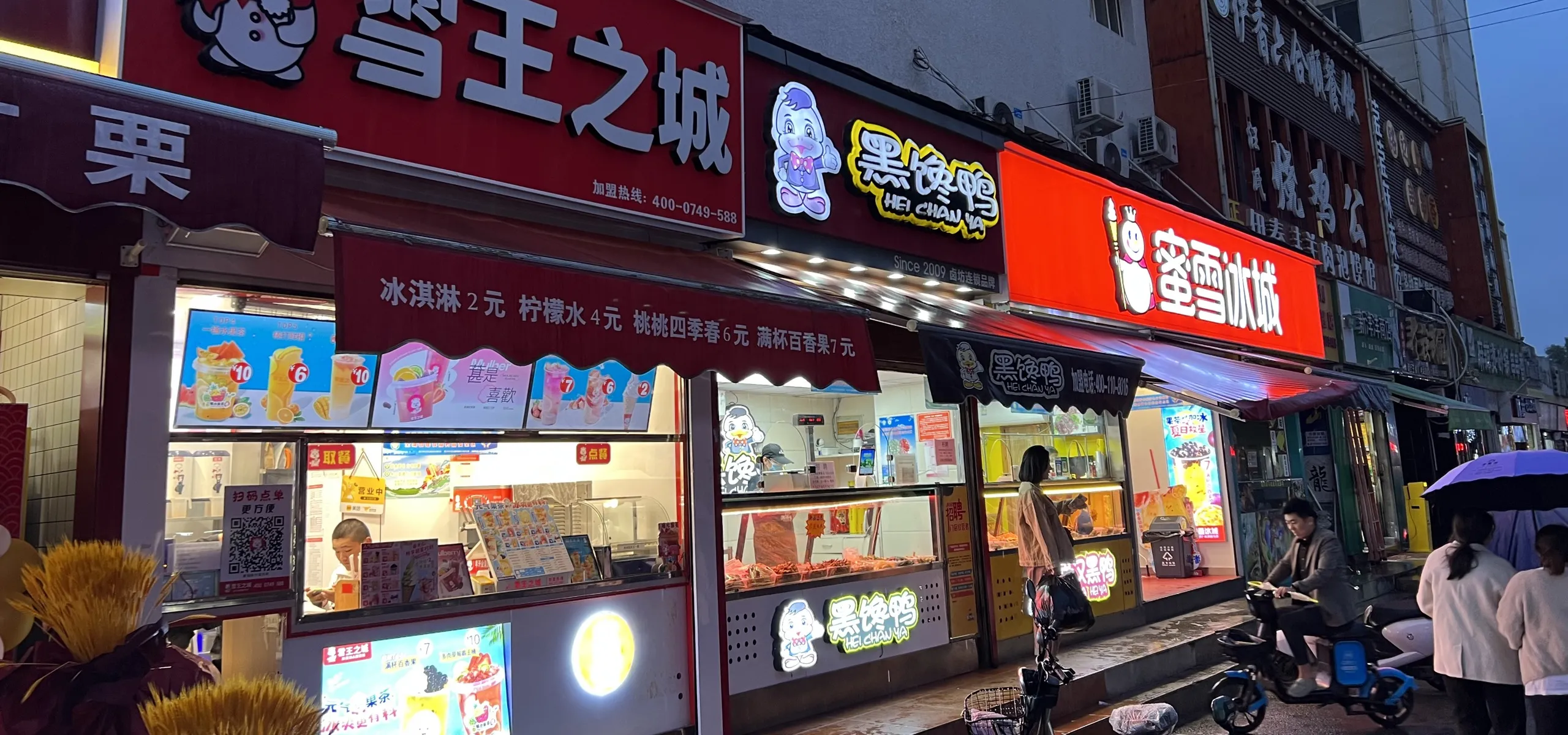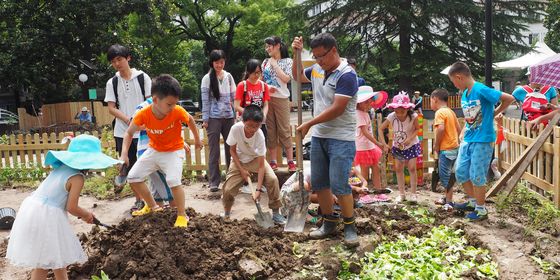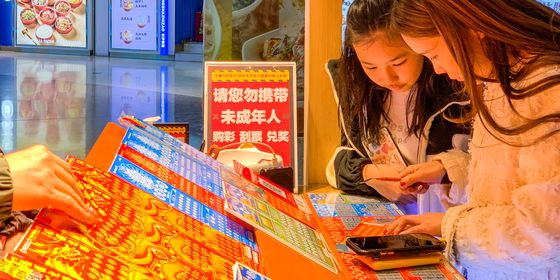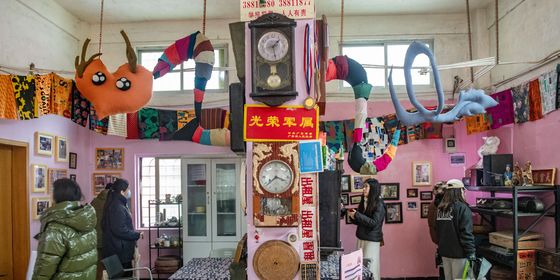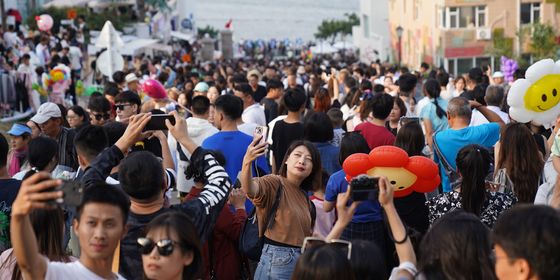The pandemic and a slowing economy have seen Chinese consumers flock to low-price brands, from milk tea to clothing
On a Friday night, the shopping streets of Yinchuan, the capital city of 2.8 million people in China’s northwestern Ningxia region, are filled with the sound of a hypnotic jingle for a milk tea brand that has taken the country by storm.
On what seems like every street, garish red and white storefronts decorated with the brand’s curious smiling snowman mascot (the “Snow King”) attract hordes of thirsty and thrifty customers, while speakers pump out a mesmerizing beat into the night sky: “I love you, you love me, Mixue ice cream and tea” plays on a relentless loop at excruciating decibels.
At Mixue Bingcheng, customers can get bubble tea for 7 yuan, an iced lemon tea for 5 yuan, or, perhaps most famously, a soft-serve ice cream cone for as low as 2 yuan. The brand, with its extraordinarily low prices, kitsch marketing, and unabashedly commercial feel, recently raised over 2 billion yuan in funding and plans to soon float on the Hong Kong Stock Exchange. It has risen mostly off the back of its popularity in provincial capitals and “lower-tier” cities in China’s interior, like Yinchuan, which are home to around 60 percent of Mixue Bingcheng stores.
According to the latest valuation, the company is worth around 60 billion yuan, making it the highest valued milk tea chain in the world, far more valuable than better-known and more prestigious brands like Xicha (HeyTea) and Naixue (Nayuki), which attract the attention of Chinese and international media for their success in China’s big eastern cities and freshly brewed tea costing up to 30 yuan (Naixue floated on the Hong Kong exchange in June 2021, but quickly saw its shares halve in value since).
While the retail sector overall has struggled during the pandemic, Mixue Bingcheng opened over 10,000 new stores since 2020, for a total of 20,000 stores at the time of writing, up from 1,000 in 2014. As “middle class groups in China’s first-tier cities and megacities are seeing their income growth slowing, or their cost of living rising, they are downgrading their consumption,” says Wu Changchang, a professor of media and communications at East China Normal University. This is leading budget brands to boom, even into larger cities like Beijing and Shanghai where traditionally wealthier consumers have shunned them for higher price brands.
